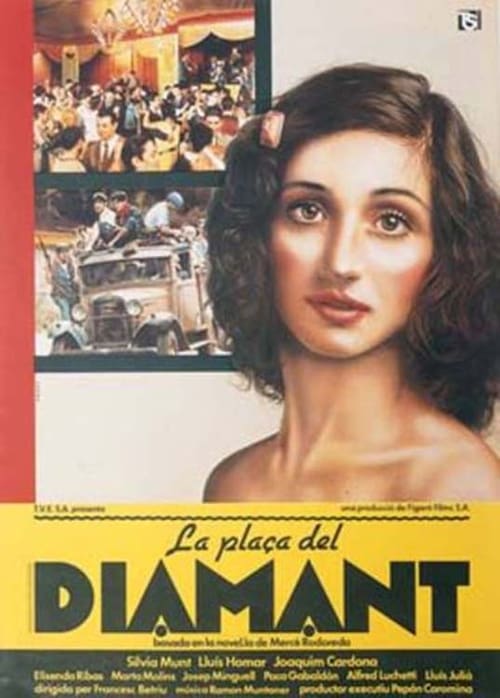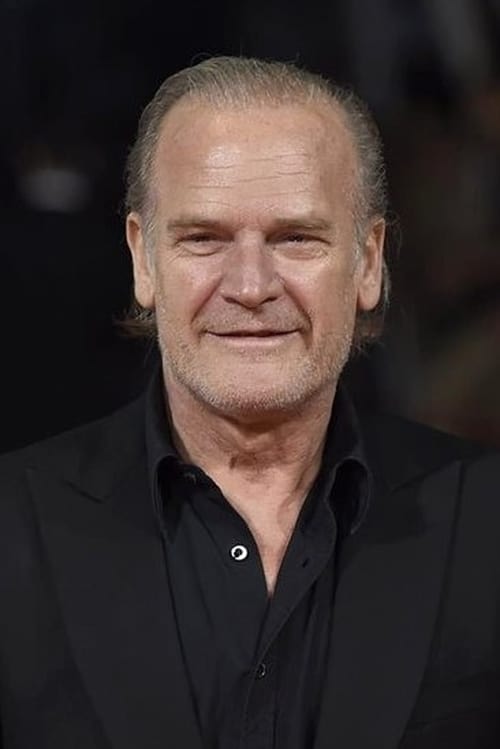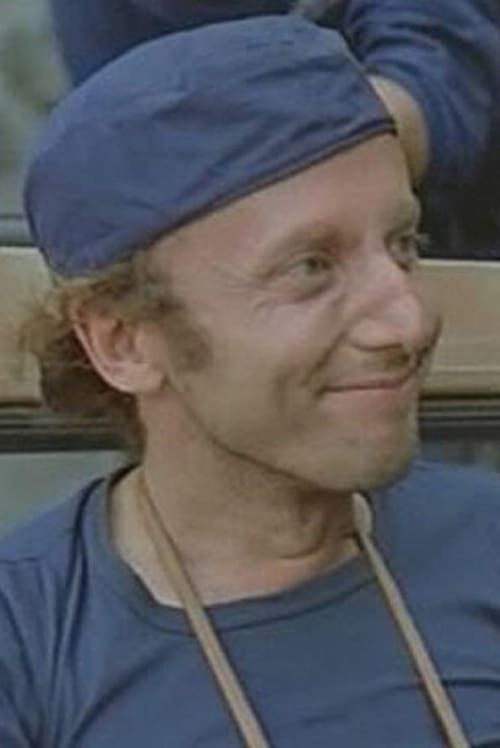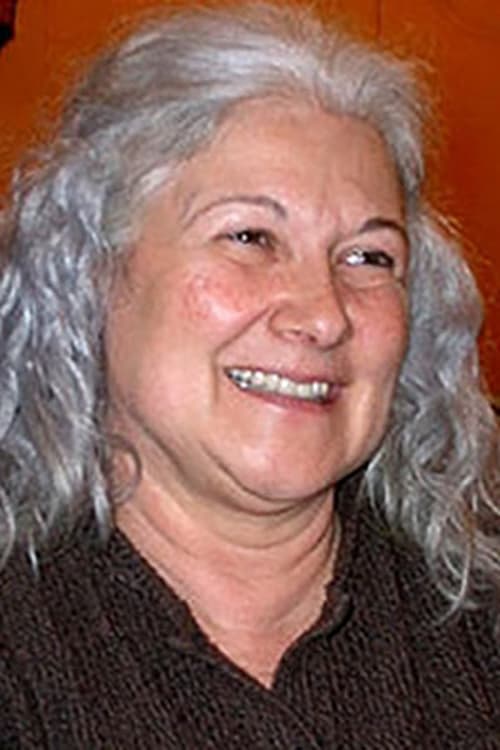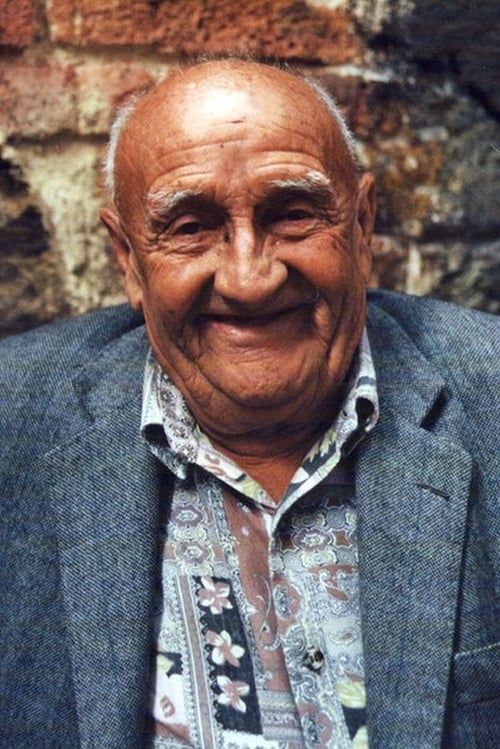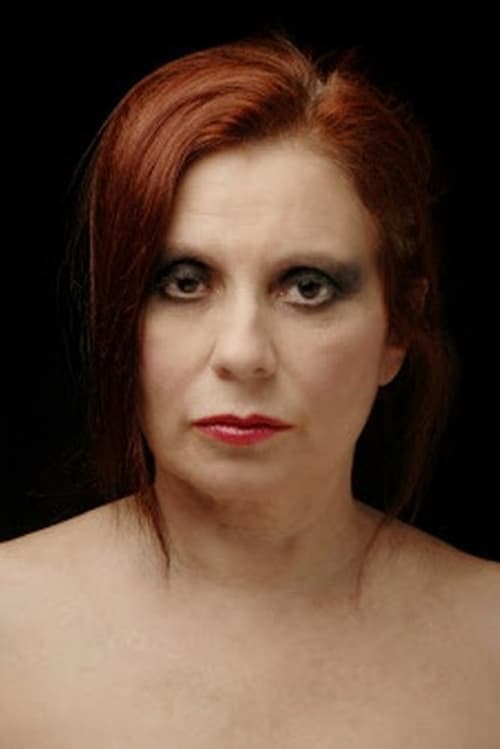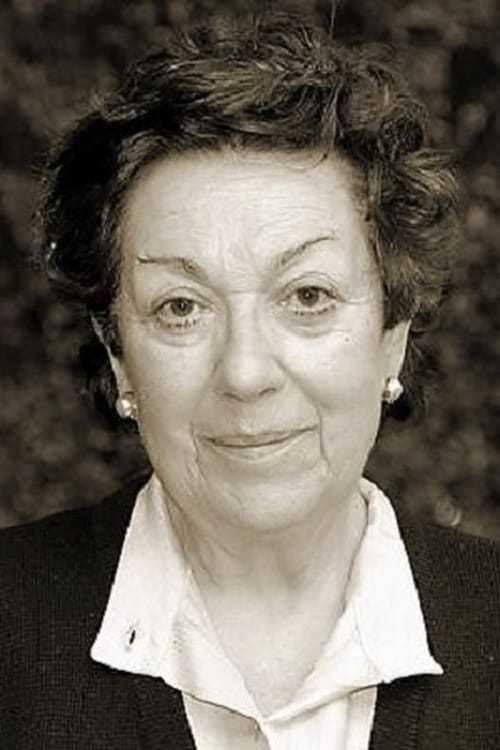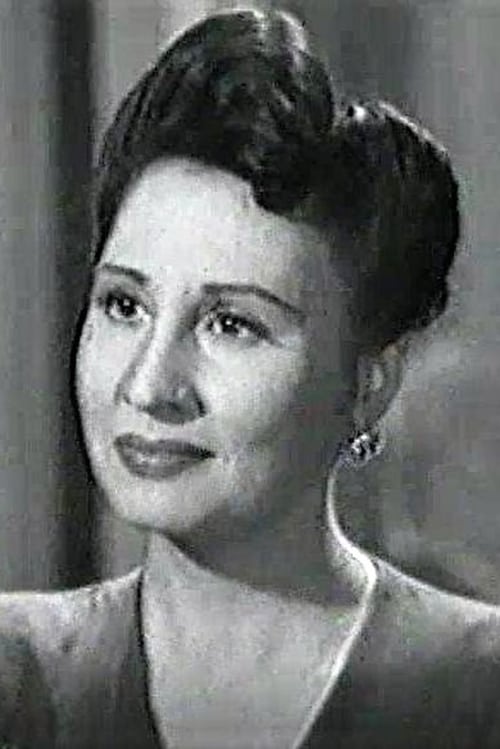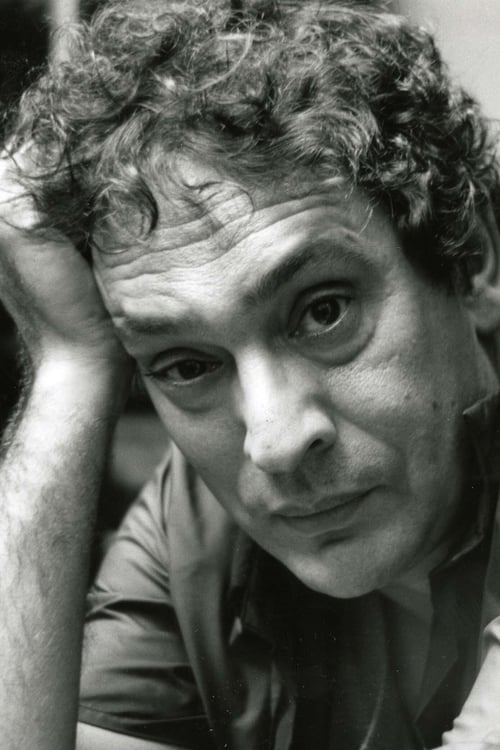La plaça del diamant (1982)
Gênero : Drama
Runtime : 1H 51M
Director : Francesc Betriu
Sinopse
Colometa is an average housewife with two children to care for in the late 1930's, as the Spanish Civil War is starting and her husband goes off to fight. She had been an ordinary woman working in a shop when she met the lively carpenter who married her, and their life together was without major problems. But now she is forced to raise her children under straitened circumstances, and after her husband dies, her life undergoes another major change as she marries for the second time. Underneath Colometa's acquiescent, forebearing exterior must lie just a few discontents, a few unrealized dreams - but they never surface as she blithely moves from one episode in her life to another.
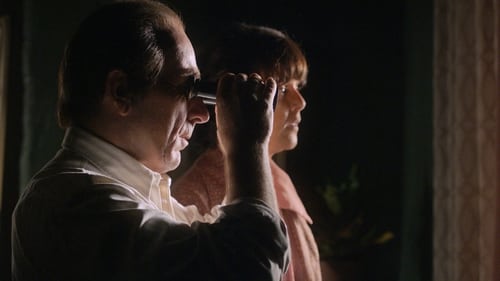
Espanha, 1936. Higinio e Rosa estão casados á alguns meses quando começa a Guerra Civil. Higinio, temendo ser perseguido pelos rebeldes, decide usar um buraco escavado na sua própria casa como refúgio temporário…
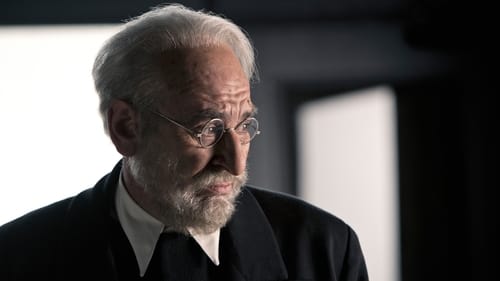
O escritor Miguel de Unamuno enfrenta a si mesmo e seus ideais após o golpe militar de 1936.
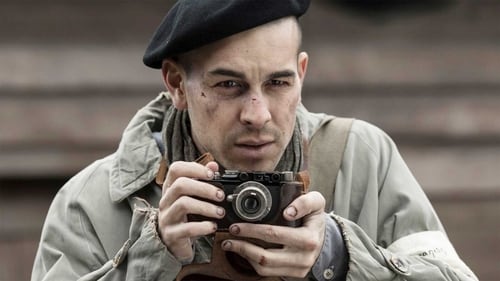
As dificuldades do fotógrafo catalão Francesc Boix, preso no campo de concentração de Mauthausen no inverno de 1942, quando ele tinha 22 anos, ao lado de seu pai e 1.500 republicanos espanhóis, foram aprisionados pelo exército alemão durante seu exílio na França depois A Guerra Civil Espanhola.
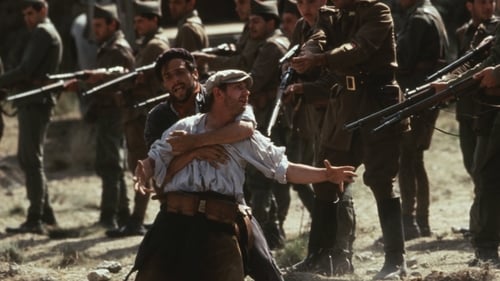
Primavera de 1936, um jovem comunista desempregado, David, deixa sua cidade natal Liverpool para se juntar à luta contra o fascismo na Espanha. Ele se junta a um grupo internacional de milícia, homens e mulheres, o POUM (Partido Obrero de Unificación Marxista). Depois de ser ferido, ele vai para Barcelona, onde decide se juntar a outro grupo de milícia. Eles permanecem em Barcelona e acabam brigando outros grupos antifascistas. David está decepcionado e decide voltar para sua antiga milícia.

Uma disputa de tênis entre o ex-campeão Bobby Riggs (Steve Carell) e a líder da classificação mundial Billie Jean King (Emma Stone) se torna centro de um debate global sobre igualdade de gêneros. Presos sob a atenção da mídia e com ideologias diferentes, Riggs tenta reviver as glórias do passado, enquanto King questiona sua sexualidade e luta pelos direitos das mulheres.
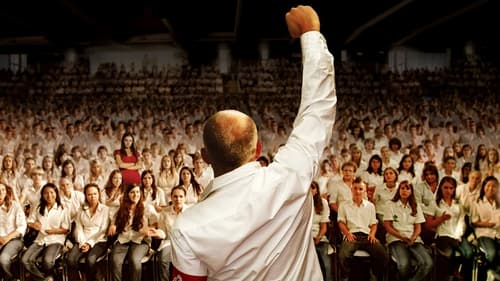
Rainer Wegner, professor de ensino médio, deve ensinar seus alunos sobre autocracia. Devido ao desinteresse deles, propõe um experimento que explique na prática os mecanismos do fascismo e do poder. Wegner se denomina o líder daquele grupo, escolhe o lema “força pela disciplina” e dá ao movimento o nome de A Onda. Em pouco tempo, os alunos começam a propagar o poder da unidade e ameaçar os outros. Quando o jogo fica sério, Wegner decide interrompê-lo. Mas é tarde demais, e A Onda já saiu de seu controle. Baseado em uma história real ocorrida na Califórnia em 1967.

Durante a Segunda Guerra Mundial na Itália, o judeu Guido e seu filho Giosué são levados para um campo de concentração nazista. Afastado da mulher, ele tem que usar sua imaginação para fazer o menino acreditar que estão participando de uma grande brincadeira, com o intuito de protegê-lo do terror e da violência que os cercam.
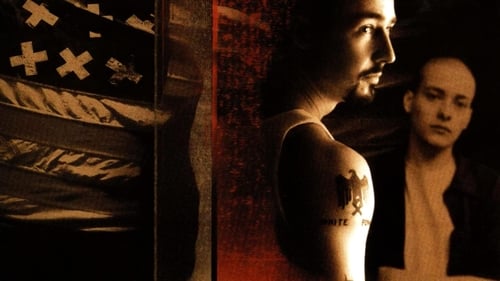
Derek busca vazão para suas agruras tornando-se líder de uma gangue de racistas. A violência o leva a um assassinato, e ele é condenado pelo crime. Três anos mais tarde, ele sai da prisão e tem que convencer seu irmão, que está prestes a assumir a liderança do grupo, a não trilhar o mesmo caminho.
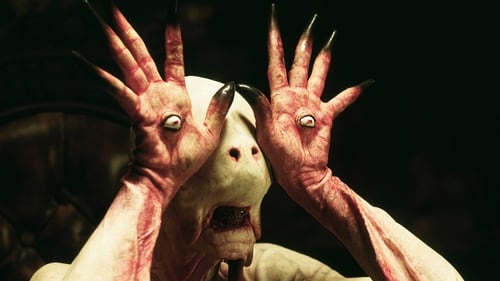
Em 1944, na Espanha, a jovem Ofélia e sua mãe doente chegam ao posto do novo marido de sua mãe, um sádico oficial do exército que está tentando reprimir uma guerrilheira. Enquanto explorava um labirinto antigo, Ofélia encontra o Pan fauno, que diz que a menina é uma lendária princesa perdida e que ela precisa completar três tarefas perigosas a fim de se tornar imortal.
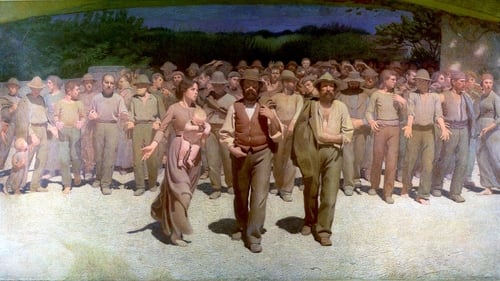
Uma retrospectiva histórica da Itália do início do século XX até o fim da Segunda Guerra Mundial a partir das vidas de Olmo, filho bastardo de camponeses, e Alfredo, herdeiro de uma rica família de latifundiários. O pano de fundo é o intenso cenário político da época, com o fortalecimento do fascismo e, em oposição, as lutas trabalhistas ligadas ao socialismo.

Tudo que Abby Johnson sempre quis foi ajudar outras mulheres. Como uma das diretoras mais jovens da história da Paternidade Planejada, organização responsável por metade dos abortos realizados nos Estados Unidos, ela acreditava ter feito a escolha certa. Até o dia em que algo que Abby viu fez com que tudo mudasse e ela se tornasse uma das principais vozes do movimento pró-vida dos Estados Unidos.

Pasolini parte da obra de Sade e revisita o episódio histórico da República de Salò para apresentar sua visão sobre o poder, a sexualidade, o conformismo e a juventude italiana dos anos 1970, em um filme de quatro partes: Ante-Inferno, Círculo das Manias, Círculo da Merda e uma última, Círculo de Sangue.

Um homem relembra o passado, entre as coisas que viveu de verdade e a imaginação sobre as coisas que lhe foram contadas e que se confundem com a memória.
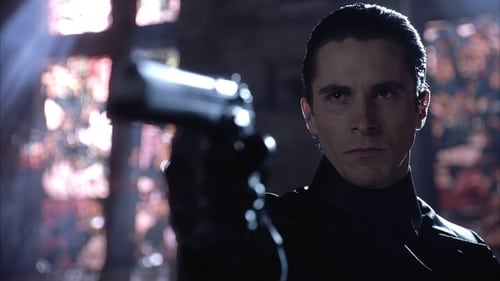
Na nação Líbria há sempre paz entre os homens. O sistema é simples: neste mundo futurista um regime severo e rigoroso eliminou a guerra suprimindo todas as emoções. Ler livros, ouvir música e ver quadros é um crime punível inclusive com a pena de morte. Quem é feliz é preso, e quem chora, perseguido. E quem não tomar a dose diária de Prozium, uma droga distribuída pelo Estado que altera a mente e restringe as emoções, assina imediatamente a sua sentença de morte. Clerick John Preston é um alto dignatário governamental responsável por destruir quem não cumpre as regras. Mas no dia em que se esquece de tomar a sua dose, descobre que ele é afinal a única pessoa capaz de destruir o regime que o treinou para fazer cumprir as suas rígidas leis.

A Primeira Guerra Mundial acabou. Muitos aviadores viraram-se para a pirataria aérea, na qual emerge um herói; Porco Rosso, um homem com uma cabeça de porco, antes conhecido por Marco Pagot. Quando é desafiado por Curtis, um americano que voa com os piratas, Porco Rosso é forçado a defender a sua honra contra o recém-chegado, o que o leva até a Fio Piccolo, uma jovem engenheira cheia de vida que reconstrói o avião de Porco para o grande combate.
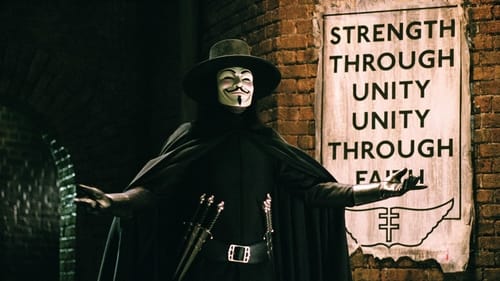
Após uma guerra mundial, a Inglaterra é ocupada por um governo fascista e vive sob um regime totalitário. Na luta pela liberdade, um vigilante, conhecido apenas como V, utiliza-se de táticas terroristas para enfrentar os opressores da sociedade. V salva uma jovem chamada Evey da polícia secreta e encontra nela uma nova aliada em busca de liberdade e justiça para o seu país.
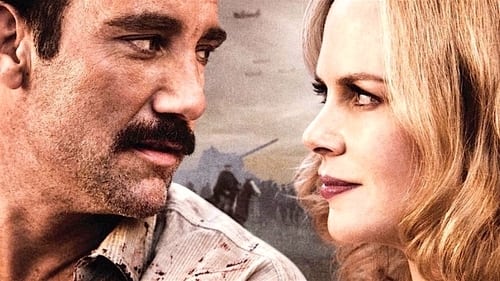
O escritor Ernest Hemingway começa um romance com a colega escriba Martha Gellhorn.

Depois que Carlos, um garoto de 12 anos cujo pai morreu na Guerra Civil Espanhola, chega a um orfanato ameaçador de meninos, ele descobre que a escola é assombrada e tem muitos segredos obscuros que ele deve descobrir.
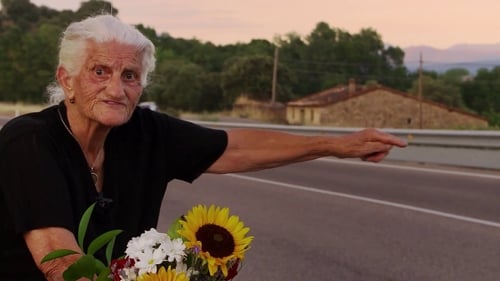
Em 1977 o parlamento espanhol aprovou uma Lei de Anistia que garantia a liberdade de todos os presos políticos e a proibição do julgamento de qualquer ato criminoso ocorrido durante a ditadura de Francisco Franco no país. O Franquismo assombrou a Espanha durante 38 anos deixando um imenso número de vítimas e parentes sem respostas. Os cineastas Almudena Carracedo e Robert Bahar foram atrás desses sobreviventes e, durante um período de 6 anos, entrevistaram pessoas como José Galantes, que hoje em dia vive muito próximo de seu torturador, e Maria Martín, que até hoje não conseguiu ter acesso aos restos mortais de seu pai, morto durante o regime.
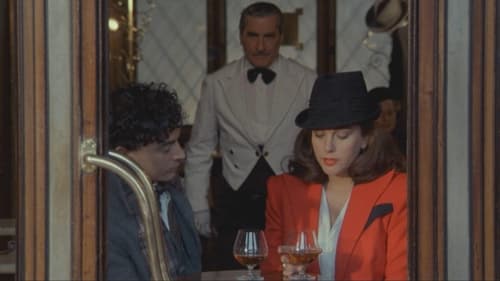
Descoberta a admiração secreta de sua esposa para o seu futuro genro – Laszlo -, Nino toma consciência da diminuição de sua libido, e resolve manipular a aproximação entre eles através de seu diário, que é lido às escondidas por sua esposa. Esta, sempre muito recatada, vai, aos poucos, cedendo aos seus desejos sexuais e deixando para trás seu comportamento contido, tanto nos encontros com Laszlo, quanto com seu marido. Nada é capaz de deter sua libertação sexual, nem mesmo a filha, noiva de Laszlo.

An author spends a year and a half filming what happens as a new apartment building is built in a neighborhood of Barcelona.

A portrait of several characters of Spanish culture who were very popular at another time, but who were completely forgotten in their old age. All of them show the reality of abandonment and the decay of oblivion. They really are broken toys.

Documentary about the murderer José Luis Cerveto.

Lorenzo is a young man who has just returned to Salamanca (Spain) from England, where he fell in love with Berta, a girl daughter of exiled parents who have never seen Spain. Lorenzo tries through some beautiful letters that she understands how is the world where her parents once lived.

Region of Castilla La Vieja, Spain, early 20th century. In Luján, a village ravaged by drought, Juan, a humble farmer who survives with his wife and son, confronts a local loan shark and is imprisoned as a result.
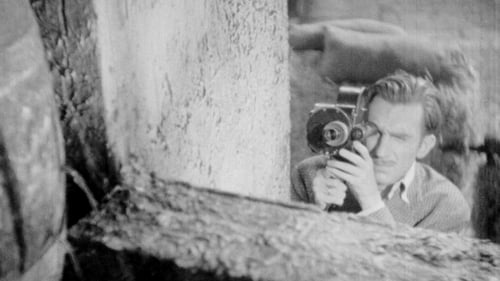
The creative and ambitious Carlos, a young Spanish film buff, manages to become a professional camera operator with time and effort, and is also blessed with the love of Anna, which he has longed for; but the outbreak of the Civil War in 1936 changes everything for both of them.

Caudillo is a documentary film by Spanish film director Basilio Martín Patino. It follows the military and political career of Francisco Franco and the most important moments of the Spanish Civil War. It uses footage from both sides of the war, music from the period and voice-over testimonies of various people.

The life of a young girl who plays with little animals and insects is suddenly changed with the arrival of a film crew and a strange man.

This film uses stop motion animation of still photographs to convey images of politics and science in the nuclear era. The advancement of science allows man to do things he never would have been able to do without, for good or bad. Politicians are either behind the scenes manipulating those scientists or are using that science for their own goals, primarily in the space race. Everyday items and people are projected upwards - many in the form of rockets - followed by iconic structures, such as the Empire State Building, the US Capitol, the Washington Monument, the Eiffel Tower and the Kremlin, being rocketed skyward as visual representations of that race into space.

An attempt to transform a Roman Western into a Greek tragedy.
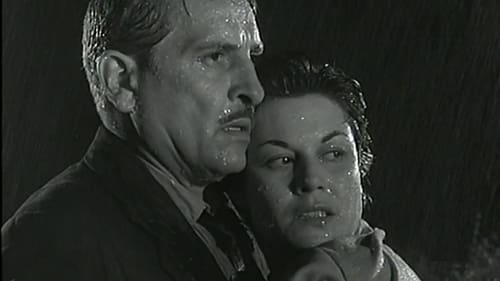
Ivón, a chorus girl, and Hugo, a failed writer, arrive at a seaside hotel on a stormy night, along with Carlos, Hugo's 19-year-old son. When they decide to lean over the cliffs of the coast to observe the wild dance of the turbulent waves down below, an unexpected event tragically happens.
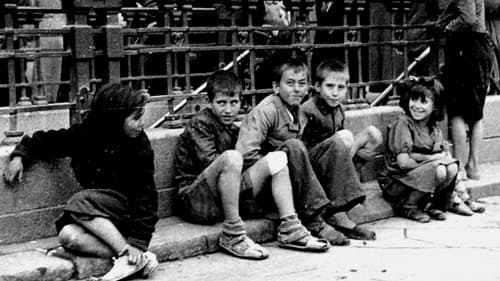
A particular reading of the forties and fifties in Spain, the hard years of famine and repression after the massacre of the Spanish Civil War, using popular culture: songs sung by ordinary people, newspapers and magazines, movies and newsreels; the story of a country torn apart needing to overcome the memory of the war and face an uncertain and painful present.

Things spin: amusement park rides, a phonograph record. A man wakes, shaves, and takes a phone call. Another man, in a kimono, walks in the woods, stops, and opens a small decorative box on the forest floor. People at an amusement park called Little Harlem enjoy themselves. A man walks through another amusement park, called Cavalcade Worlds, as midway rides spin. At a house, an older woman cleans; a pre-teen girl sets the table; a teenaged boy showers. After he dresses, he holds a candle high above his head and walks swiftly toward a young man standing bare-chested, his arms extended. A man arrives home where the girl has set the table. The youth sleeps. Christmas?

Bruce Baillie's Mr. Hayashi might be thought of as a putative East Coast story transformed by a West Coast sensibility. The narrative, slight as it is, mounts a social critique of sorts, involving the difficulty the title character, a Japanese gardener, has finding work that pays adequately. But the beauty of Baillie's black-and-white photography, the misty lusciousness of the landscapes he chooses to photograph, and the powerful silence of Mr. Hayashi's figure within them make the viewer forget all about economics and ethnicity. The shots remind us of Sung scrolls of fields and mountain peaks, where the human figure is dwarfed in the middle distance. Rather than a study of unemployment, the film becomes a study of nested layers of stillness and serenity.

Spectator is one of the early masterpieces by Zwartjes. The film explicitly shows one of Frans Zwartjes’ main themes: the relationship between husband and wife. It is a relationship that is strongly marked by power and domination, sexual attraction and repulsion. It manifests itself in humiliation and abuse (such Pentimento), but also in cool eroticism or natural physicality. Zwartjes’ goal is not to explain or designate this relationship. Rather it is the subject that Zwartjes uses to describe his world. In an article on Zwartjes, filmmaker and student George Schouten compares Zwartjes to the Italian writer Alberto Moravia. For both, sex is their way of dealing with reality. It is the subject by which they define their world. And for Zwartjes, it is also the subject with which he can display and develop his cinematic talent. (eyefilm.nl)

A short film featuring various vintage Mickey Mouse toys.

When Michel gets the life-sized sex doll he ordered, shipped directly from Japan, he is only intrigued by it at first. Then the silent unresponsiveness of the thing begins to haunt him, and he finds himself reacting to it as if it were an equally unresponsive living woman. As time passes, more and more of his life is spent trying to satisfy or placate its relentless silence, and he goes somewhat mad. He dresses the doll and takes it with him wherever he goes. When his usually very tolerant wife discovers what is going on, her jealousy knows no bounds and she attempts to imitate this threatening love-object. The light-hearted quality of this addle-pated fantasy darkens quickly when various neighborhood men attempt to put the doll to its originally intended use.
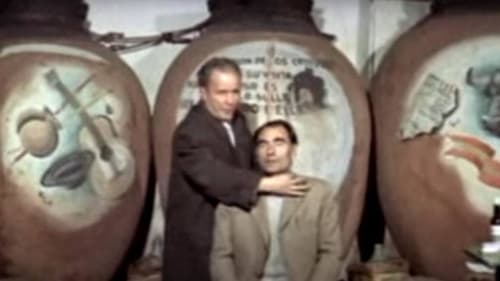
This documentary, filmed clandestinely, is based on several interviews with the executioners who worked in Spain during the early 1970s, as well as families of people executed by them.

Peyote Queen opens with black-and-white perforations that pulsate to the beat of drumming and escalate to light-bathed split screens and kaleidoscopic effects. Switching to lively organ accompaniment, the film pours out a stream of simple scratchings that rollick across the screen. Fish, breasts, flowers, boats, water, lips, hearts, stars—the hieroglyphs explode with color and celebrate the female creative force. The surge slows with the return of ritual drumming, this time with chanting, and a self-reflective coda. -- National Film Preservation Foundation
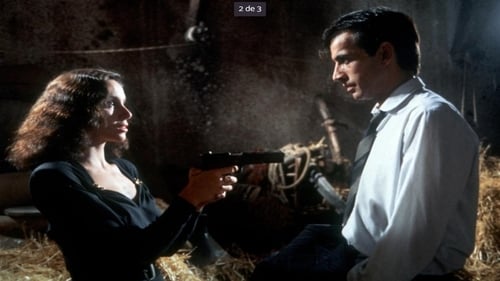
Juan is the handsome, irresponsible, best-loved second son. When his older brother, who runs the family's black-market business with their steel-willed mother, marries Juan's lover Ana, Juan heads for Madrid to work for Franco. Juan also leaves behind his impoverished cousin, Ángela, pregnant with his son. Jump ten years. Juanito, the lad, has rheumatic fever. The doctor says to pamper the boy. Ángela, Ana, and his grandmother comply. As Juanito recovers, his father returns in desperate need of cash; Juanito witnesses a theft blamed on his innocent mother. Things come to a head at a saint's-name party for father and son. Jealousies, betrayals, and a bullet converge.
